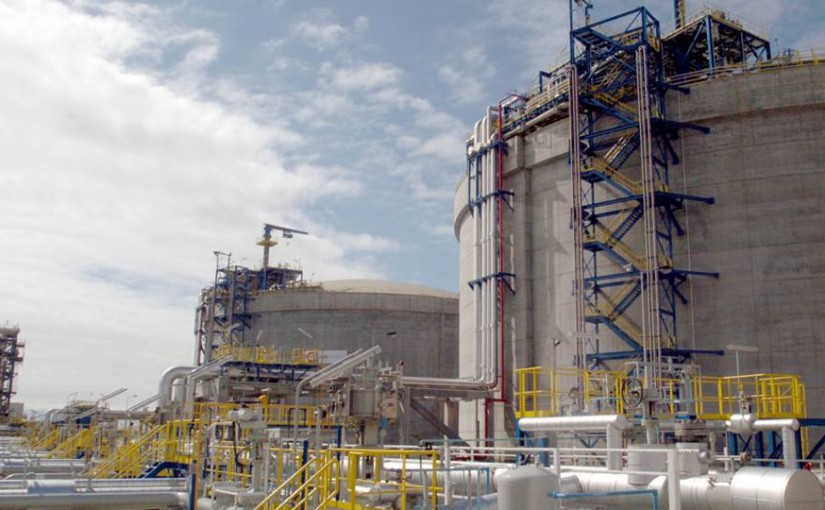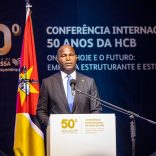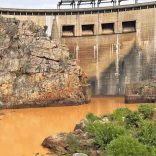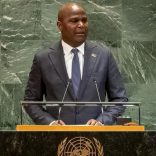Mozambique-Zimbabwe Pipeline Company to increase fuel transport capacity
Delay in natural gas allows more time to strengthen economy – UK-Aid chief economist

Lusa (file photo)
The chief economist of the United Kingdom’s foreign aid department (UK-AID) told Lusa on Friday that delays in major projects in Mozambique could be positive for the country because they allowed Mozambique more time to prepare its economy.
Speaking to Lusa, Stefan Dercon said: “The outlook will be slower because of low commodity prices, but that’s not necessarily a bad thing, because it will give more time for the country to think more carefully about how to strengthen economic management, make structural reforms and implement transparency policies in order to be a more credible country for long-term investments.”
Speaking to Lusa on the sidelines of the Lisbon ‘Economic Development in Africa’ conference organised by the Faculty of Economics of the New University which ended on Friday, Dercon, a professor of economics at Oxford University, added that the delay in natural resource mega-projects would enable the government to “think more carefully about where and how it will apply the proceeds”.
Mozambique, he said “has made remarkable progress since the end of [civil] war”, but “relations with donors suffered a shock because of the issue of hidden loans, and it is this element of lack of transparency in economic management that has delayed development”.
If the country manages to “rethink economic management, launch structural reforms and improve the investment climate and the management of natural resources, it will have a bright future in the globalised world,” Dercon said, adding that making economic growth “more inclusive” was another pressing need.
Asked about the financial and economic crisis facing the country following the commodity price drop and the disclosure of hidden loans worth over US$1.4 billion, Dercon said that donors wanted to re-finance the Mozambican state budget and help the country but needed guarantees.
“We need signs that prove to the international community that [Mozambican leaders] are serious. The ball is very much in the court of the people involved in political decision-making and economic management. It is not worth enumerating conditions for the resumption of aid, because if the will to progress is not a sentiment shared by the leaders and the people, then it will not happen,” he said.
Asked for examples of what “signs” the international community wants to see, Dercon said that Mozambique needed to “rebuild credibility, show that it can manage aspects of governance, such as having its own ‘cleaning’ program and greater transparency, and work seriously on management and tax collection, and then show these advances to donors and ask for help again”.
If this is done, “the international community will come back together,” he said, expressing his belief that “in the end there will be a political compromise”, because the international community wants to help, but only when “there are signs of progress”.













Leave a Reply
Be the First to Comment!
You must be logged in to post a comment.
You must be logged in to post a comment.